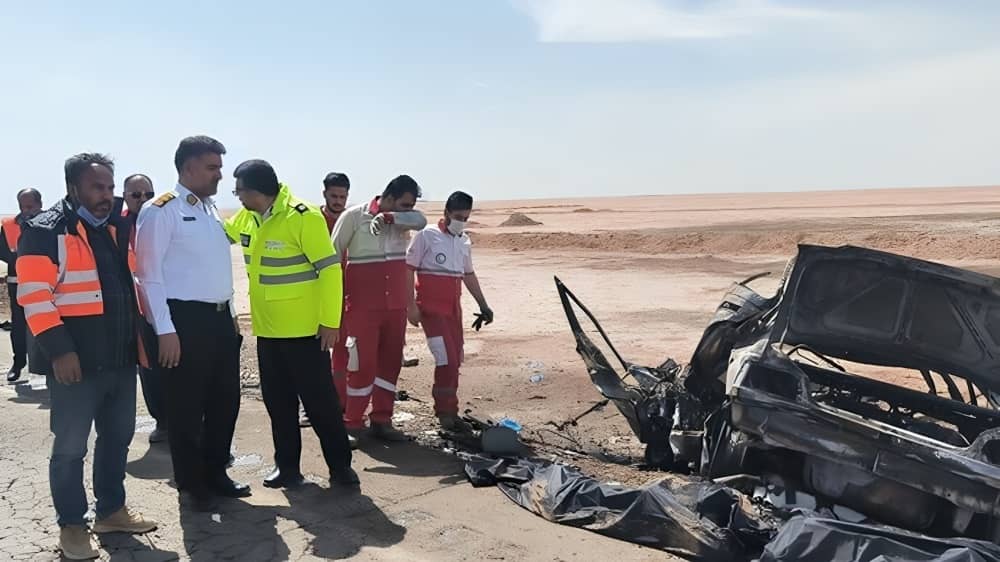

Domestically manufactured vehicles, which constitute the majority of cars on Iran’s roads, have been implicated in a staggering 83% of traffic accident deaths, according to Hassan Momeni, head of the regime’s Traffic Police. Particularly concerning is the revelation that 62% of fatal crashes are attributed to Peugeots and Kia Prides, underscoring the poor quality of these vehicles.
A member of the regime’s parliament, Mohsen Pirhadi, has previously highlighted the severity of the issue, stating that traffic accidents rank as the third leading cause of death in Iran. Pirhadi pointed out that a staggering 90% of car parts in the country fail to meet standard specifications, with insufficient monitoring of the manufacturing process exacerbating the problem.
#Iran News in Brief
Nowruz traffic #accidents in Iran have resulted in hundreds of casualties, with a fatal bus rollover on the Fars-Saadat Shahr highway. Director of Fars Emergency Medical Services confirms four fatalities and 14 injuries. Traffic Police reports 373 deaths and… pic.twitter.com/gK5QqNvQpz— NCRI-FAC (@iran_policy) March 23, 2024
Despite these alarming statistics, over a million cars are produced annually in Iran, with the majority derived from outdated models like the Pride, Peugeot 405, and Peugeot 206, which have not been manufactured for over two decades.
The recent surge in traffic-related fatalities during the Newroz holidays, as disclosed by Deputy Traffic Police Chief Siawash Mohebbi, further underscores the urgency of addressing Iran’s road safety crisis. Over the past 15 days alone, 617 people lost their lives, and 16,583 were injured in traffic accidents, reflecting the dire consequences of the regime’s neglect.

While Iran, blessed with abundant resources, sees its wealth and health depleted, those resources are ironically funding crises abroad, enriching terrorist groups and extremist militants. From economic struggles to social injustices, the need for substantial change—regime change—has become increasingly apparent.

MEK Iran (follow us on Twitter and Facebook), Maryam Rajavi’s on her site, Twitter & Facebook, NCRI (Twitter & Facebook), and People’s Mojahedin Organization of Iran – MEK IRAN – YouTu







